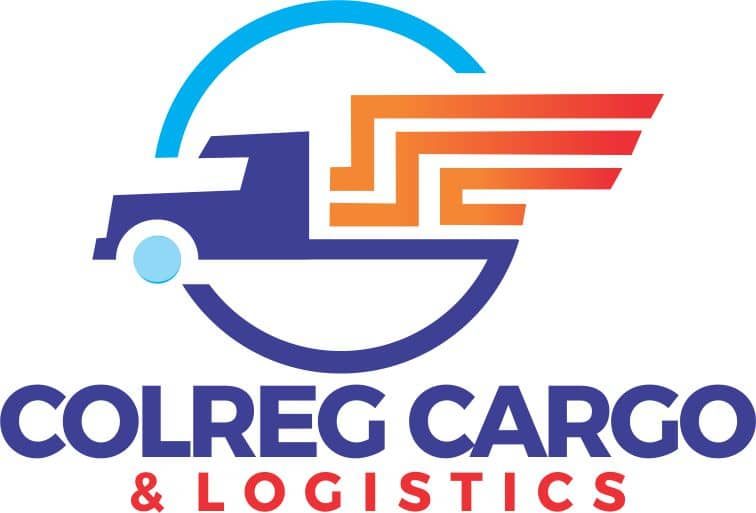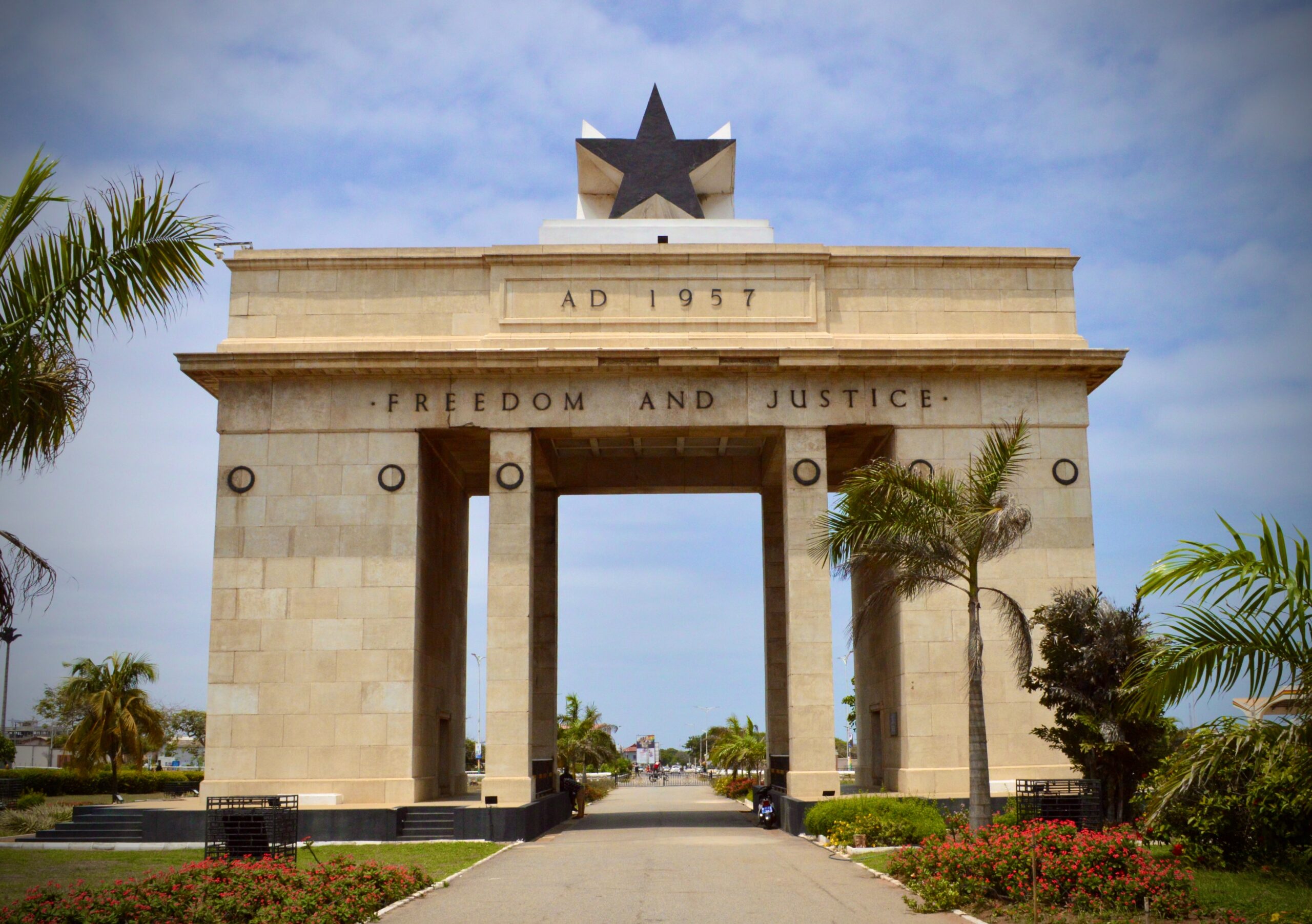In the ever-evolving landscape of the modern world, logistics has emerged as a silent hero, orchestrating the seamless movement of goods and information across the globe. This article delves deep into the dynamics of logistics in our contemporary era, revealing how it powers the engines of commerce and drives global connectivity.
At the heart of modern logistics is transportation. From the cargo ships crossing oceans to the drones soaring through the skies, transportation methods have evolved dramatically. High-speed rail networks, electric vehicles, and autonomous trucks have revolutionized the way goods move, making logistics not just efficient but also environmentally responsible. The digital age has transformed logistics from a paper-based endeavor to a digital marvel. With the advent of Internet of Things (IoT) sensors, blockchain technology, and artificial intelligence (AI), logistics companies can track shipments in real-time, optimize routes, and predict delivery times with astounding accuracy. These technological advancements have ushered in a new era of precision and efficiency.
Modern logistics is the backbone of globalization. It connects manufacturers in one corner of the world to consumers in another, making products from distant lands accessible to all. This interconnectedness has led to the proliferation of multinational corporations, spurring economic growth and diversification.
The "just-in-time" (JIT) manufacturing and delivery model has become the mantra of modern logistics. Companies keep inventory lean, relying on logistics providers to deliver components and finished goods precisely when needed. JIT minimizes storage costs, reduces waste, and enhances overall efficiency.
The rise of e-commerce giants like Amazon and Alibaba has redefined logistics. The expectation of fast, reliable doorstep deliveries has propelled the industry to new heights. Distribution centers and fulfillment networks are strategically positioned to cater to the demands of online shoppers, often utilizing automation and robotics to meet delivery deadlines.
The "last mile" has become the battleground for logistics providers. It's the final leg of delivery, from the local distribution center to the customer's doorstep. Companies are experimenting with electric delivery vans, drones, and even bicycle couriers to solve the last-mile puzzle efficiently.
In the modern world, sustainability is no longer an afterthought but a driving force in logistics. Companies are adopting eco-friendly practices, from optimizing routes to reduce fuel consumption to using renewable energy sources for transportation. Sustainable logistics is not just environmentally responsible but also economically sound.
Reverse logistics, the process of returning goods from the consumer to the manufacturer, has gained prominence. It includes recycling, refurbishing, and responsibly disposing of products. In the modern world, reducing waste and minimizing the environmental impact of logistics operations are essential goals.
In conclusion, logistics in the modern world is a dynamic and ever-advancing field. It's not merely the movement of goods but a complex, integrated system that connects people, products, and places. As technology continues to evolve, and sustainability becomes a core focus, logistics will play an increasingly vital role in shaping the future of global commerce.
As we navigate the intricacies of the modern world, logistics remains the silent hero that ensures products reach our fingertips, businesses thrive, and economies flourish. Its evolution is a testament to human ingenuity and our ability to adapt and innovate in an ever-changing landscape.
Authored: Colreglogistics.com.ng


